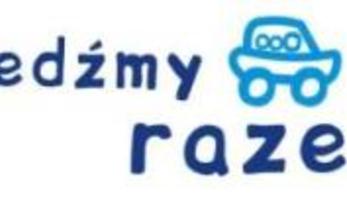Car pooling at the Technical University
Thematic areas
Active mobility
Collective passenger transport & shared mobility
- Ride sharing
- Car sharing
- Bike sharing
- Accessibility
- Intermodality
- Service improvements
Summary
The introduction of a car-pooling scheme for the University of Technology in Krakow required the creation of an Internet service and management software.
Implementing sustainable mobility
There was no official car-pooling scheme in Krakow prior to measure implementation, although it was popular among university students and employees who informally shared information about car trips. Like other Central and Eastern European countries where cars have long been regarded as status symbols, Poland has experienced a strong trend towards increased car ownership among young people, who form the target group for car-pooling promotion.
The measure was aimed at creating an Internet-based means of exchanging car-pooling data, with the ultimate goal of expanding the system for use by Krakow citizens not connected with the university.
Specific goals were to:
- introduce a new form of vehicle use at the university;
- implement a new Internet-based service to enable the exchange of information about free places in cars;
- increase the average occupancy of vehicles; and
- achieve a high level of acceptance among car-pooling users.
Progress
Activities were divided into two types: research and analysis of current travel behaviour at the university as well as of existing car-pooling systems and services (Stuttgart and Baltimore); and the development of the organisational concept and management software.
The research phase included a public inquiry at the university to discuss the existing situation, raise awareness of the advantages of car pooling, identify interest among potential users, and obtain an overview of users’ requirements.
Software and databases were then designed and a website was created for the scheme, which was named “Let’s Ride Together”. After testing, the system was launched in January 2008.
Outcomes
Measure implementation achieved a high level of interest among university employees and students, as well as among national and local media.
Almost 70 percent of students and 30 percent of university employees expressed interest in the car-pooling scheme. In one year of operation, the scheme drew 700 users, and each month between 30 and 50 trips were registered in the system.
Two barriers identified are fears for personal safety among users; and an unwillingness to share private cars with strangers. Another highlighted problem was differences in working hours, that is, the fact that employees with flexible working hours also have to travel between campus sites but find it difficult to join a car-pooling trip.







